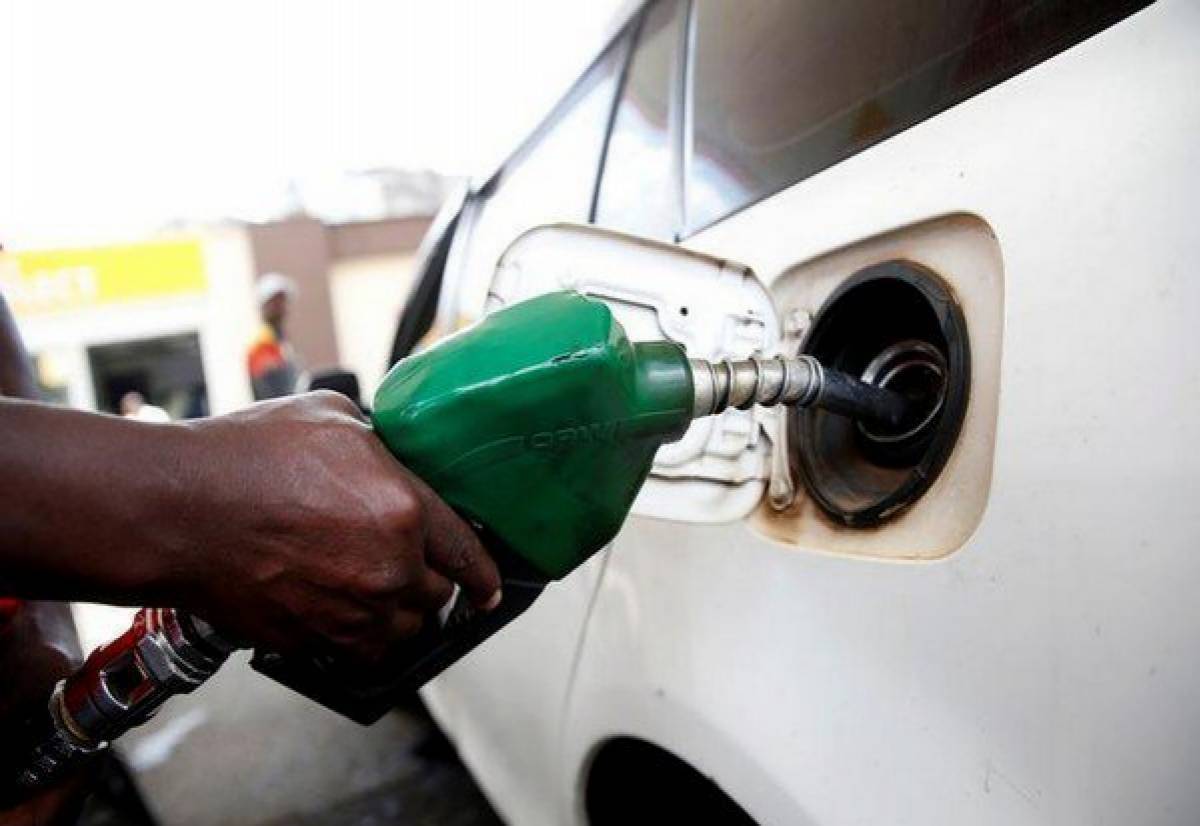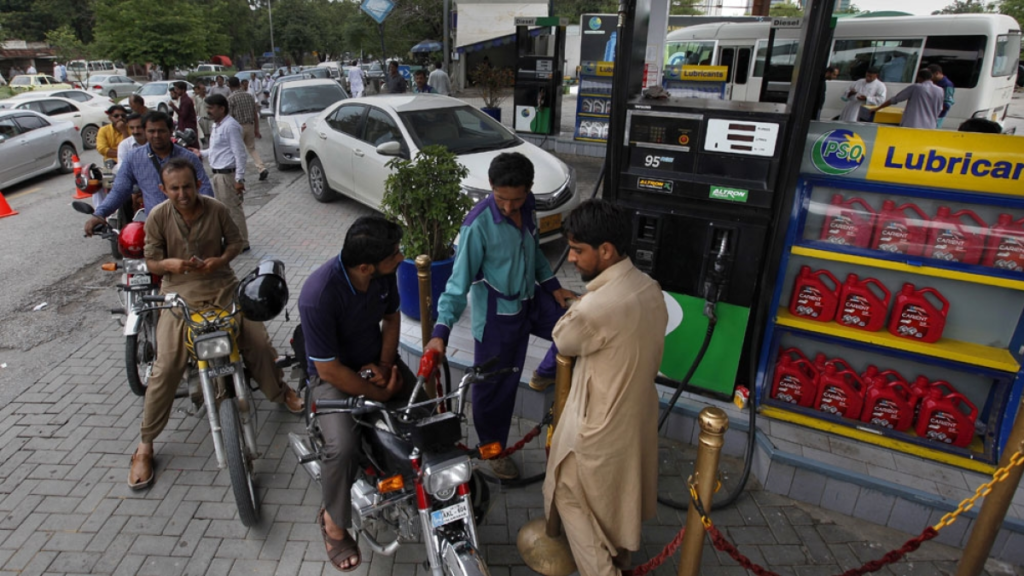As the calendar turns to November, Pakistan is preparing for an imminent challenge at the fuel pump. The nation is bracing itself for a Petrol Price Surge, set to begin on November 1st. This anticipated increase in petrol prices comes as a response to global shifts in the oil market, coupled with local dynamics that influence fuel costs.
In this blog, we will delve into the key factors driving this petrol price surge, shedding light on the impact it may have on everyday commuters and households. We’ll also explore any measures taken by the government to mitigate the price hike, and draw insights from historical trends in petrol price fluctuations. Lastly, we’ll offer valuable consumer tips to help you manage your budget effectively amidst these rising fuel costs.
So, let’s embark on this journey to understand the reasons behind the impending price surge and learn how to navigate this challenge successfully. Read on to discover more about Pakistan’s evolving petrol price scenario, with insightful headings waiting for you below.
Understanding the Factors Behind the Expected Petrol Price Surge
Pakistan is on the cusp of a petrol price surge, and understanding the underlying factors is crucial. Global oil market fluctuations, supply and demand dynamics, and geopolitical events are driving this increase. Local influences, such as exchange rate fluctuations and taxation, also play a significant role. Global oil prices have recently risen due to conflicts in the Middle East, causing a ripple effect across the world. It’s essential to comprehend how these global developments impact Pakistan’s fuel costs.
In this section, we will delve deeper into these factors to provide a comprehensive understanding of the upcoming petrol price surge and how it relates to the global and local economic landscape. Understanding the factors driving petrol price increases is essential for informed decision-making. With global and local factors at play, a nuanced perspective is needed.
How Will the Price Surge Affect You?
Daily commuters and households will feel the immediate impact of the upcoming petrol price surge. The rise in fuel costs will translate into higher transportation expenses, affecting travel budgets and daily expenses. For individuals relying on personal vehicles, the increase in petrol prices will result in increased fuel bills. Public transportation users may also see fare adjustments, indirectly affecting their budget.
In this section, we’ll explore how the price surge affects different segments of the population and provide insights into managing the resulting budgetary challenges. The effect of rising petrol prices on daily commuters is significant. Preparing for these changes and finding cost-effective solutions is vital.
Measures Taken to Mitigate the Price Increase
The government plays a pivotal role in managing petrol price fluctuations. It can implement measures to mitigate the impact of rising fuel costs, such as adjusting taxes or subsidies.
This section will discuss the government’s response to the price surge and its efforts to stabilize fuel prices for the benefit of the general population. Understanding the government’s role in this context is vital for assessing how it influences the petrol price landscape.
Government actions can shape the extent of price increases. Exploring their response provides insights into potential solutions.
Analyzing Previous Petrol Price Fluctuations
Analyzing historical trends in petrol price fluctuations helps provide context. By examining past price changes and their drivers, we can make informed predictions about future trends.
In this section, we will delve into historical data, exploring patterns and lessons from previous petrol price fluctuations in Pakistan. Understanding the past can guide us in preparing for future price changes. History often repeats itself, and analyzing past fluctuations equips us to anticipate future petrol price movements more effectively.
How to Manage Your Budget Amidst Rising Fuel Costs
Content: With petrol prices on the rise, consumers need practical tips to manage their budgets efficiently. This section will provide actionable advice on optimizing fuel consumption, exploring alternatives, and making informed choices to save on transportation costs.
By following these tips, individuals and households can cushion the impact of higher petrol prices on their finances. Equipped with these consumer tips, individuals can navigate the challenges of rising fuel costs while maintaining financial stability.









